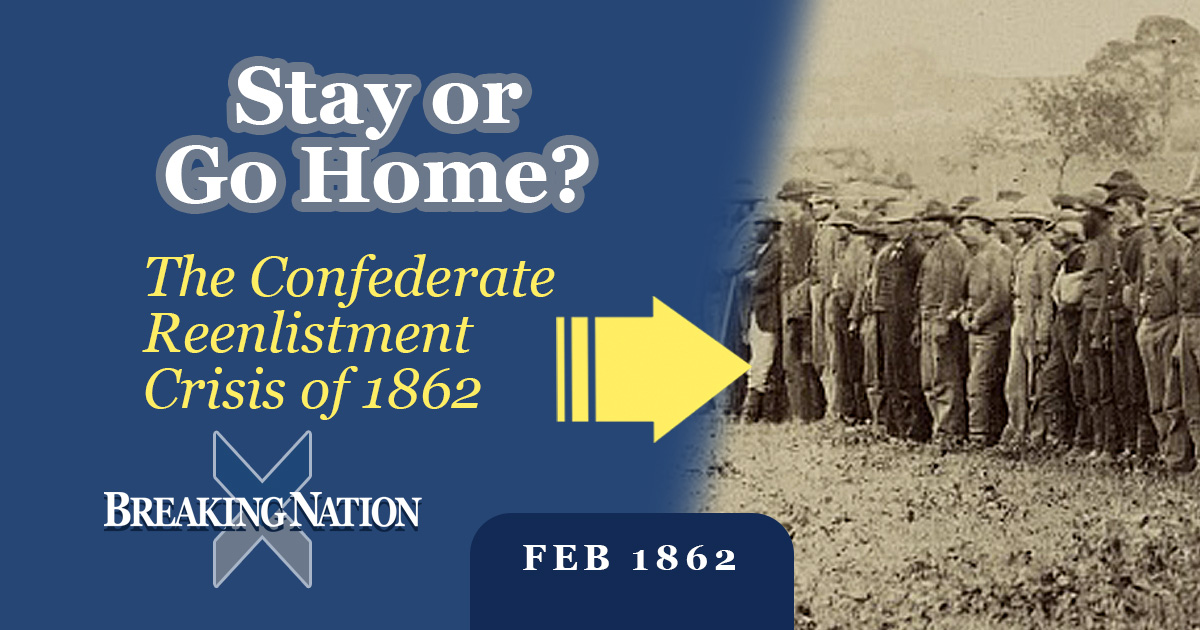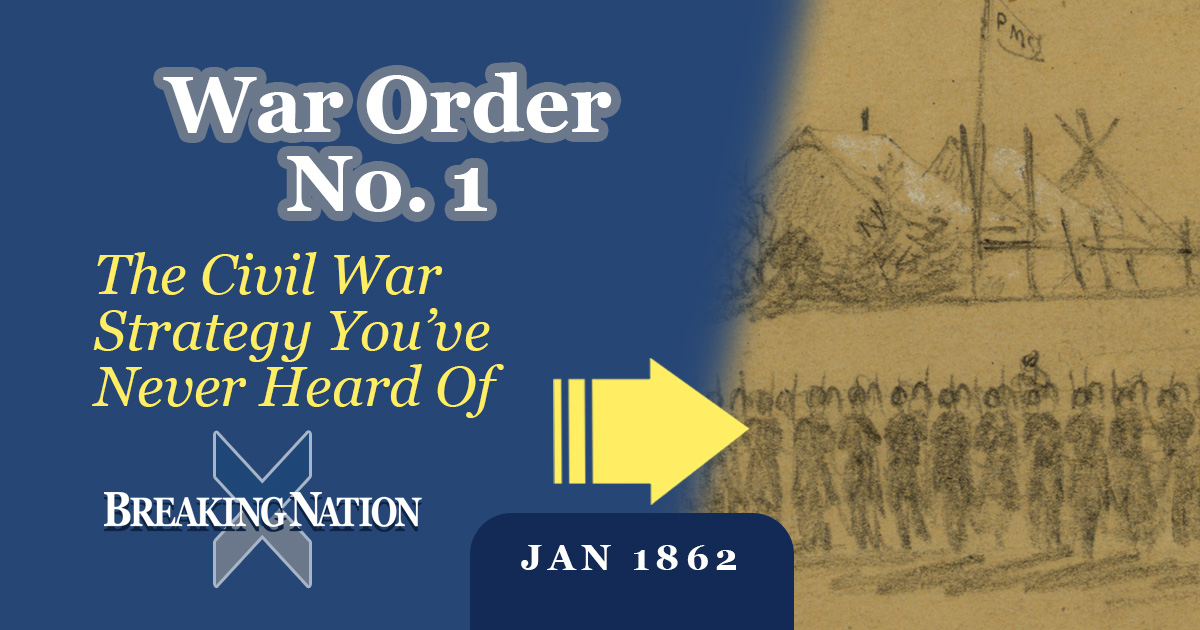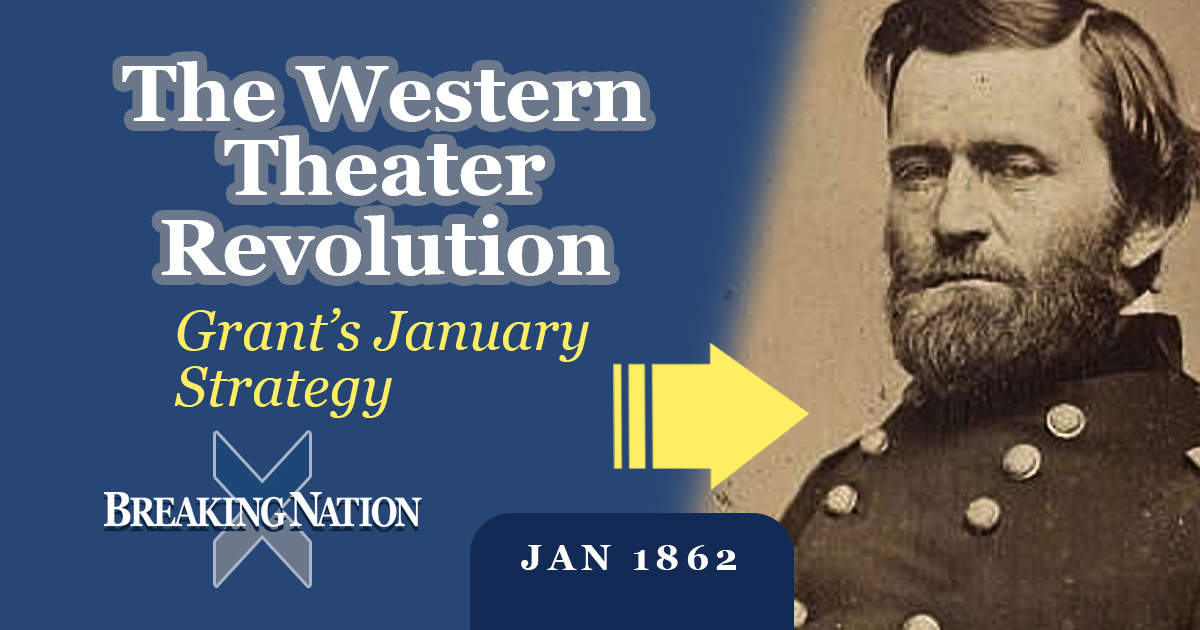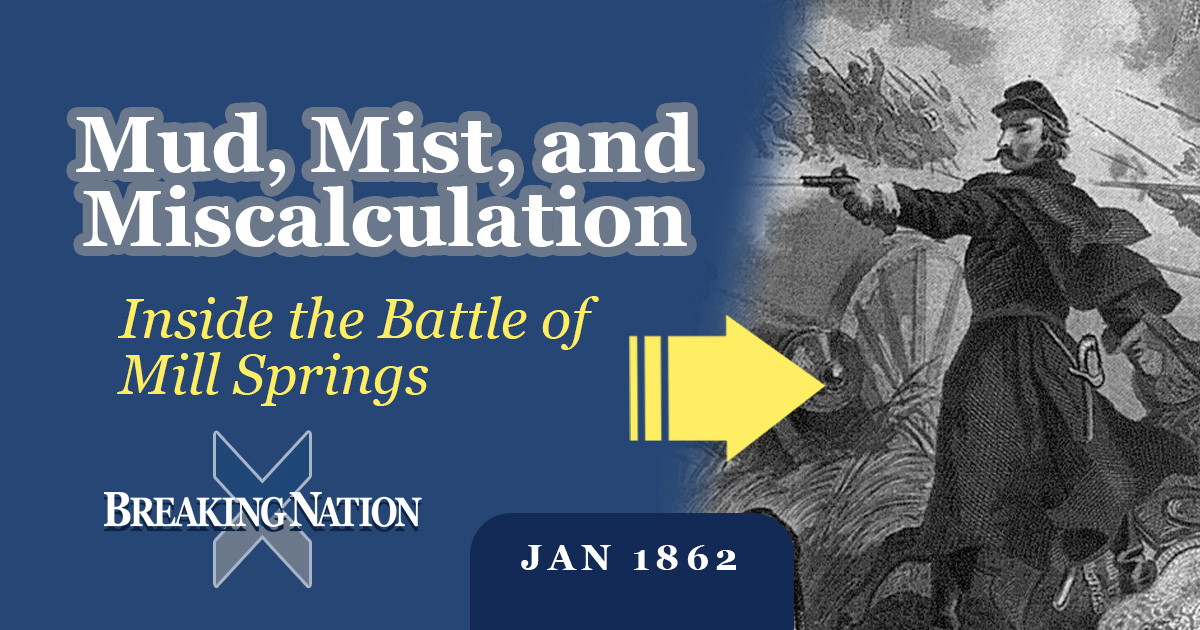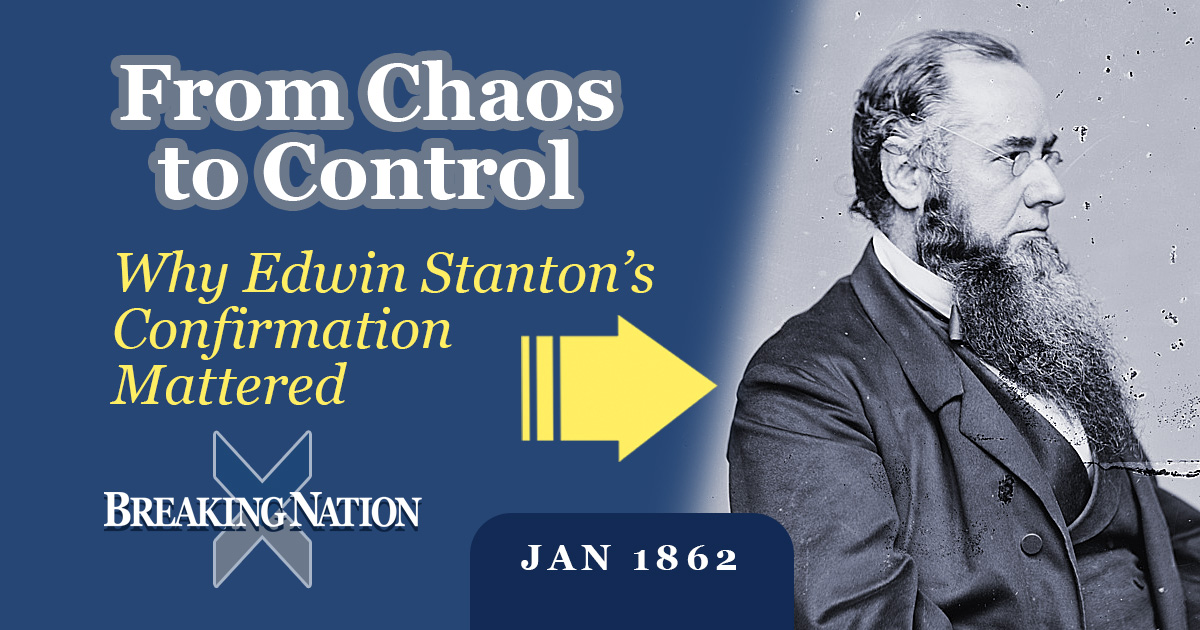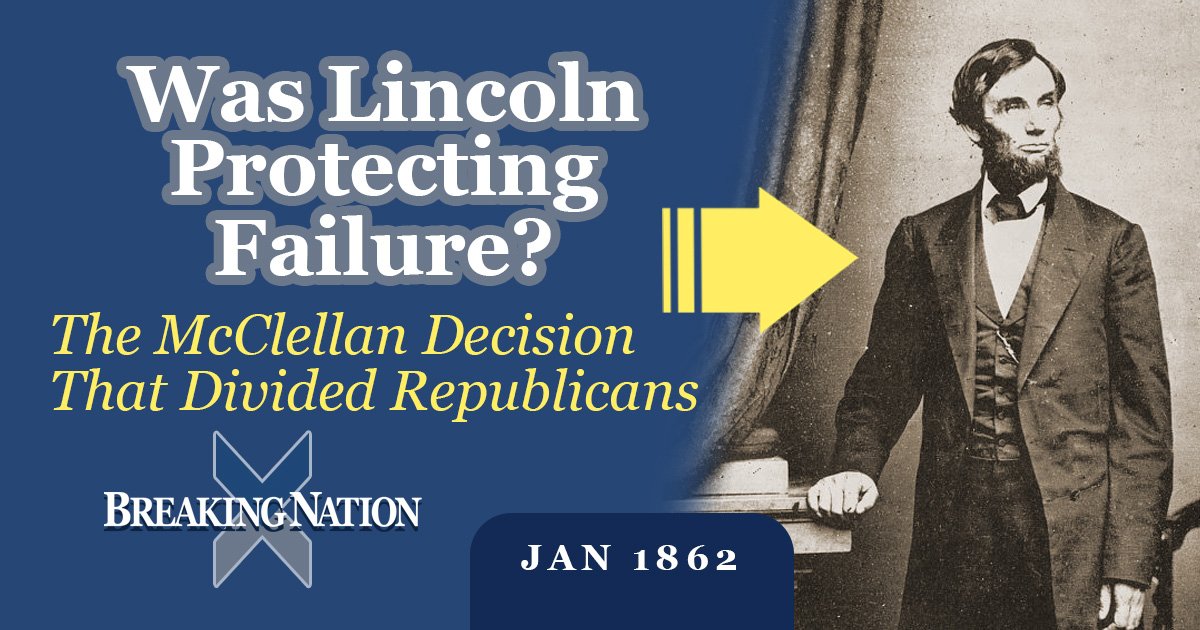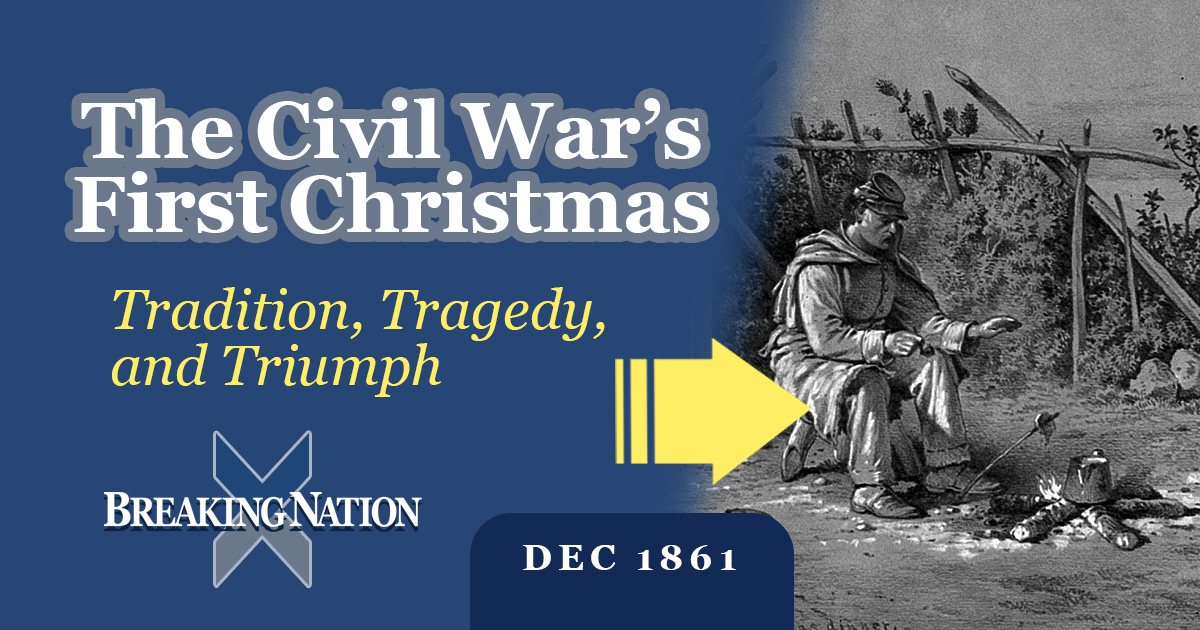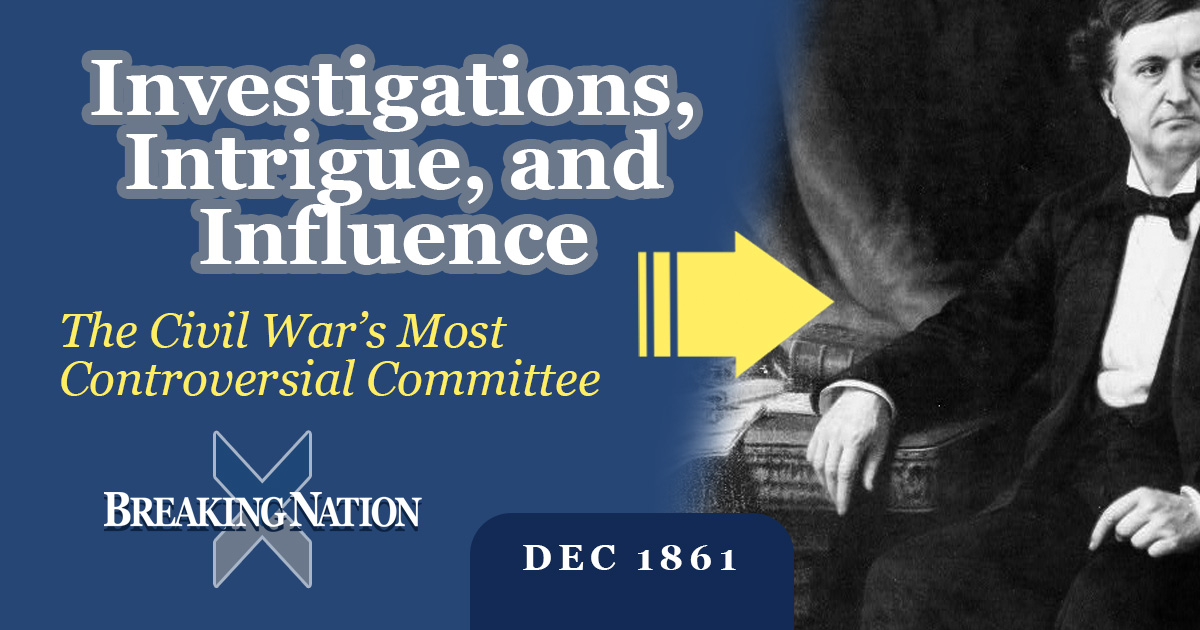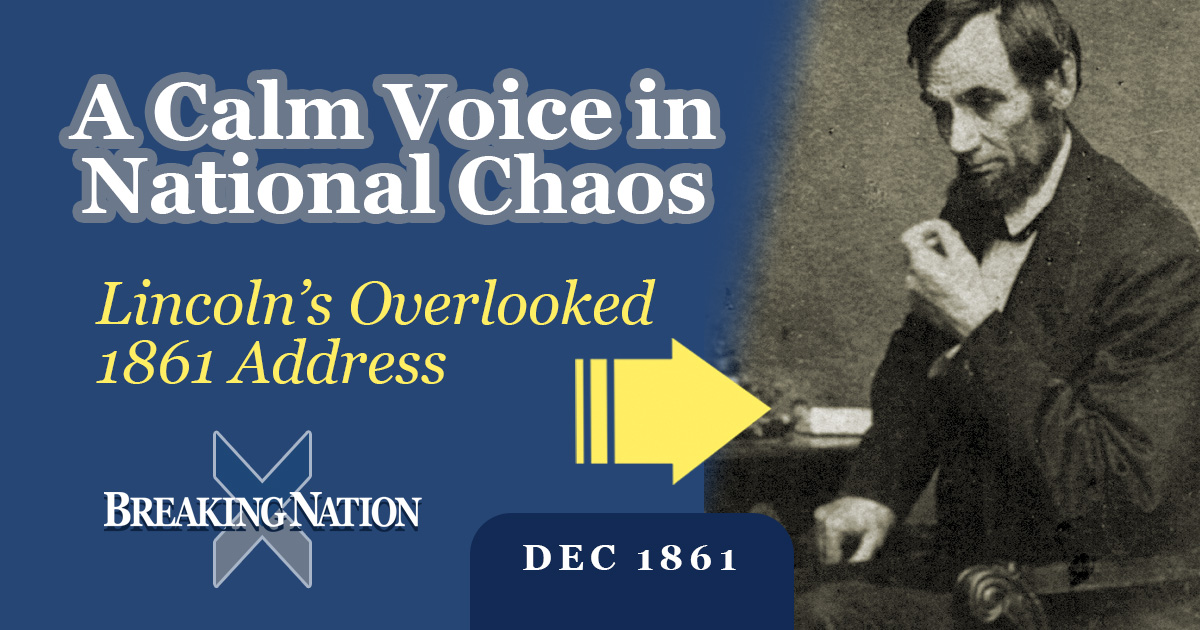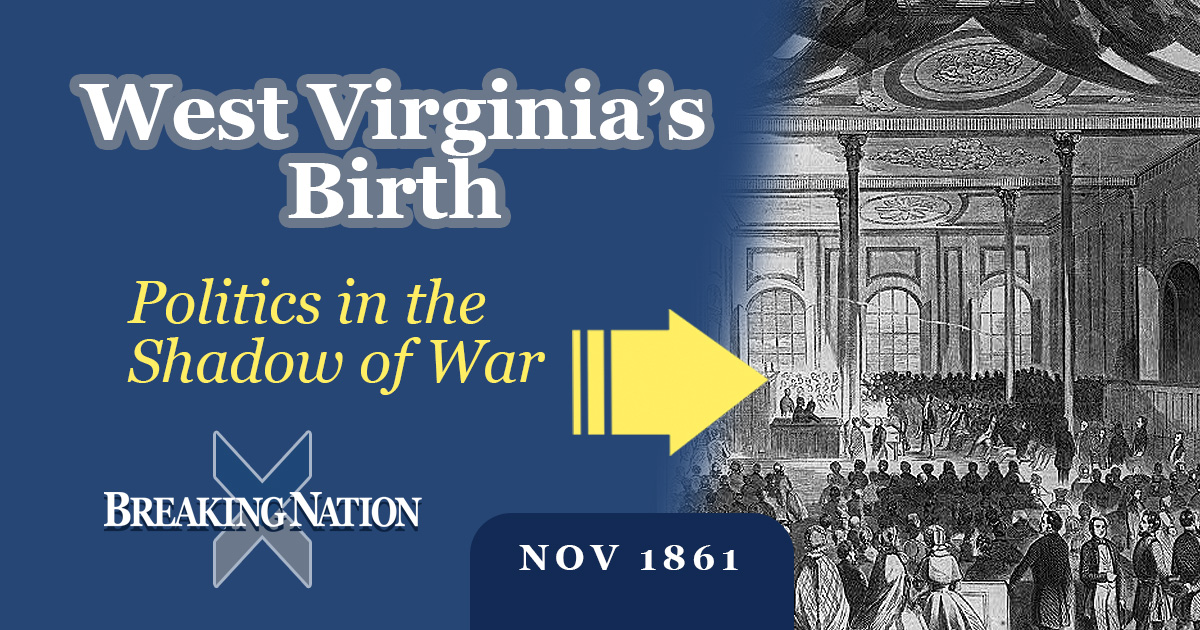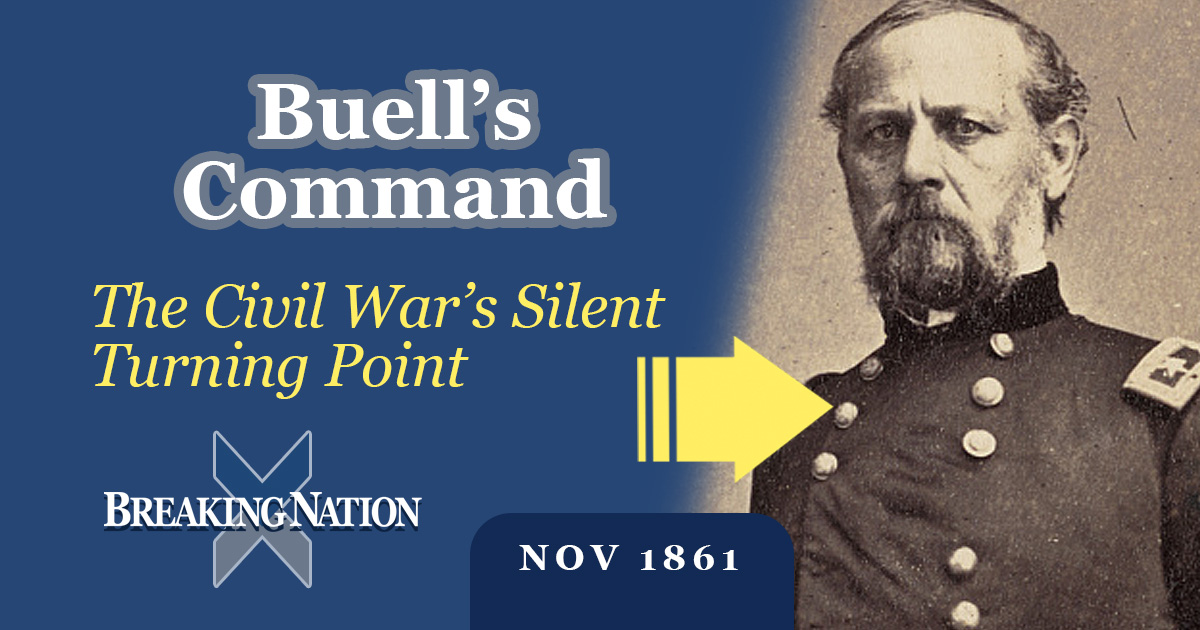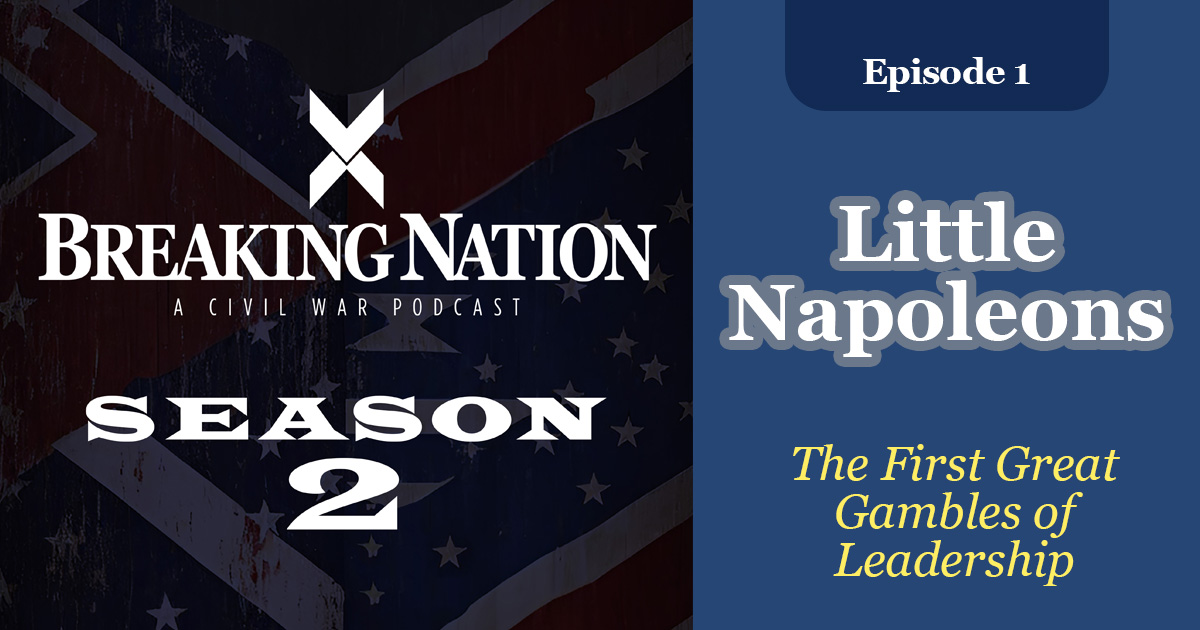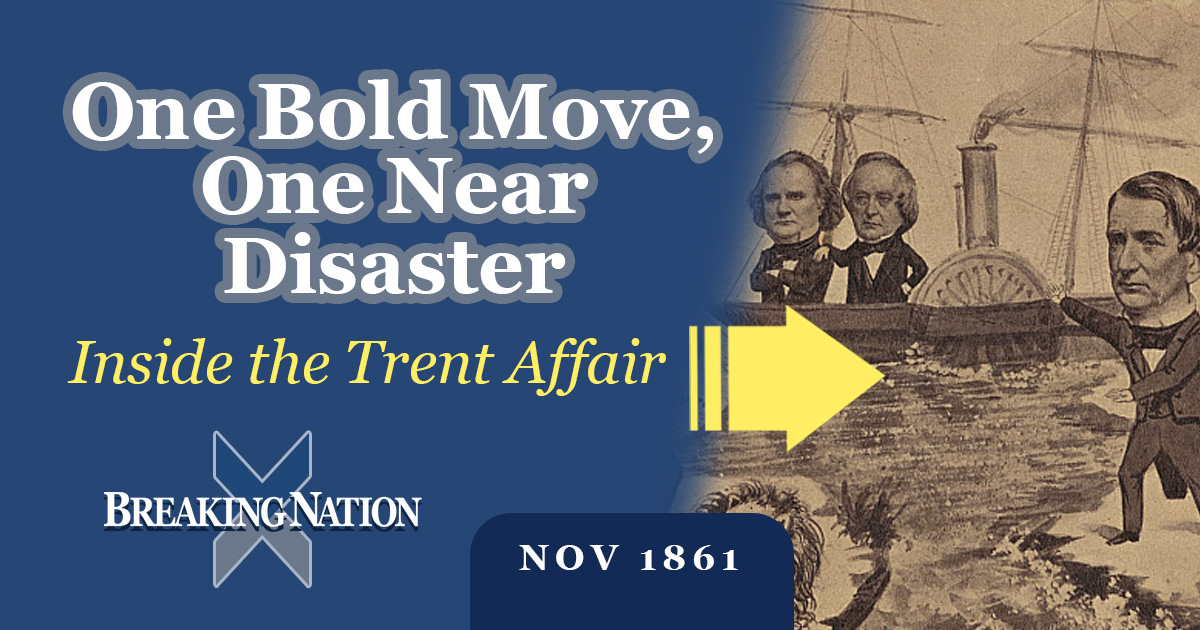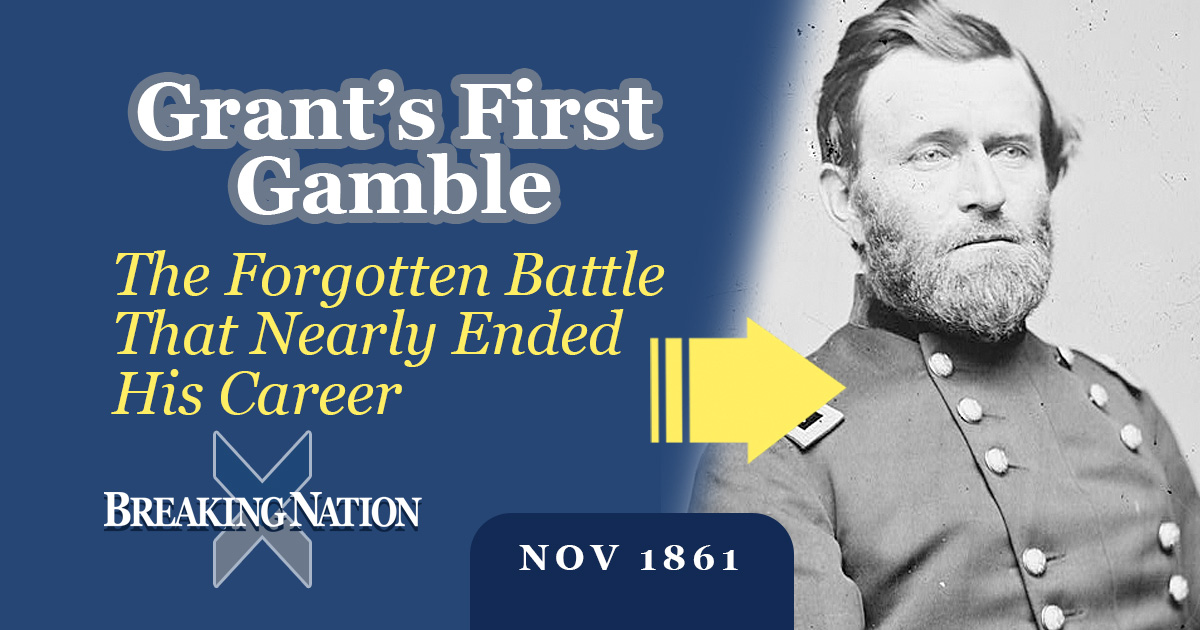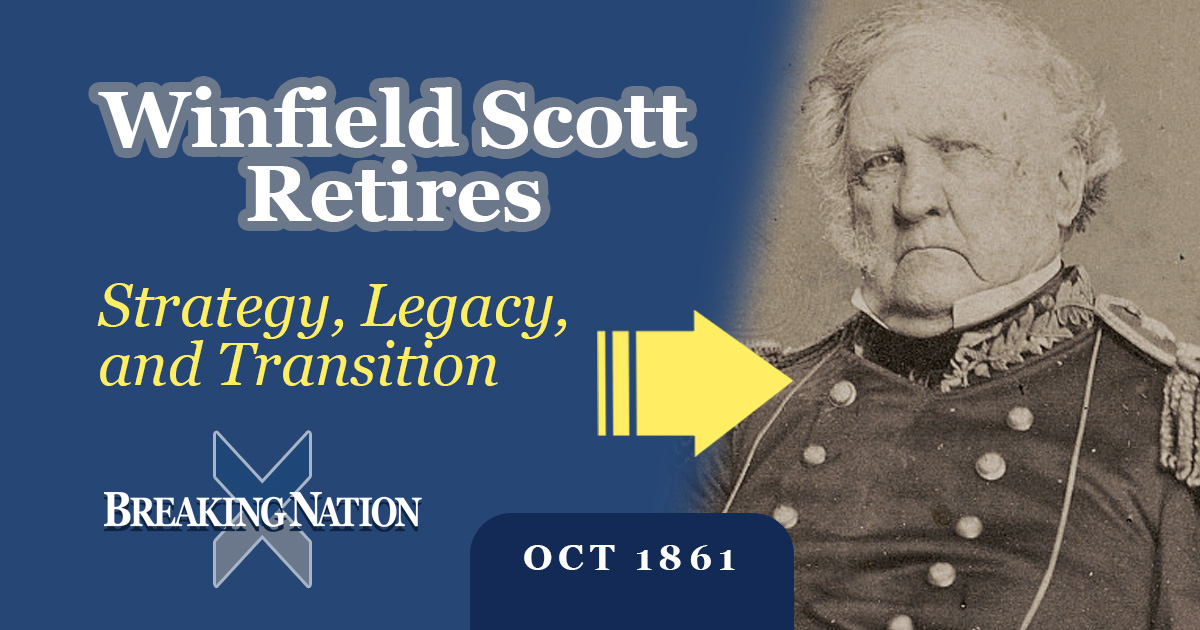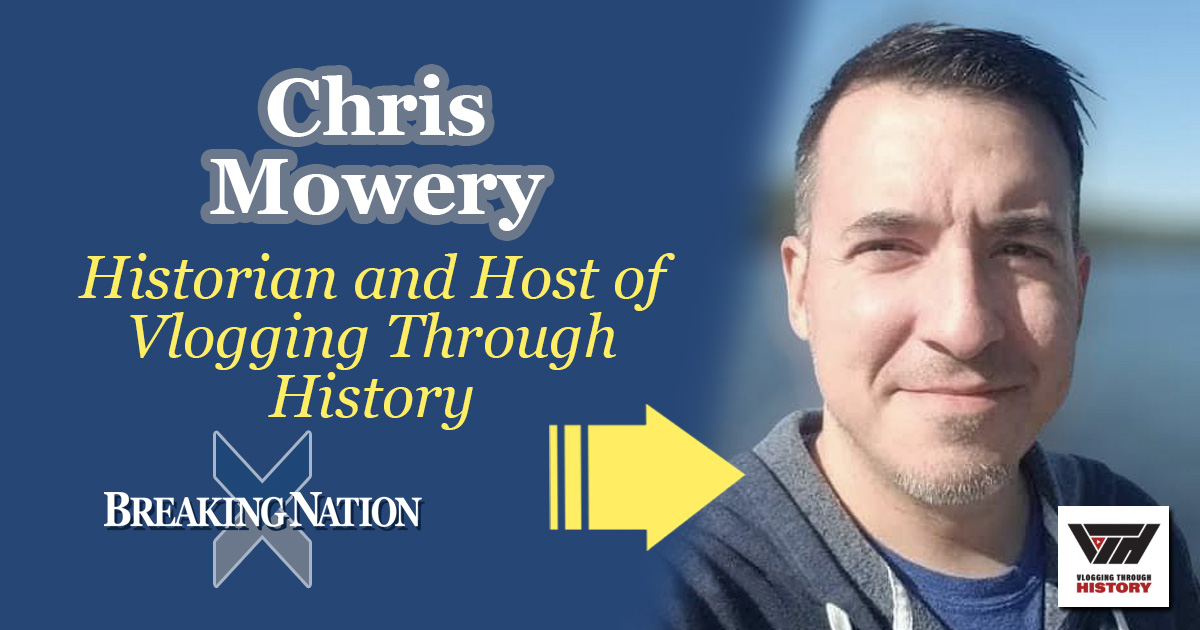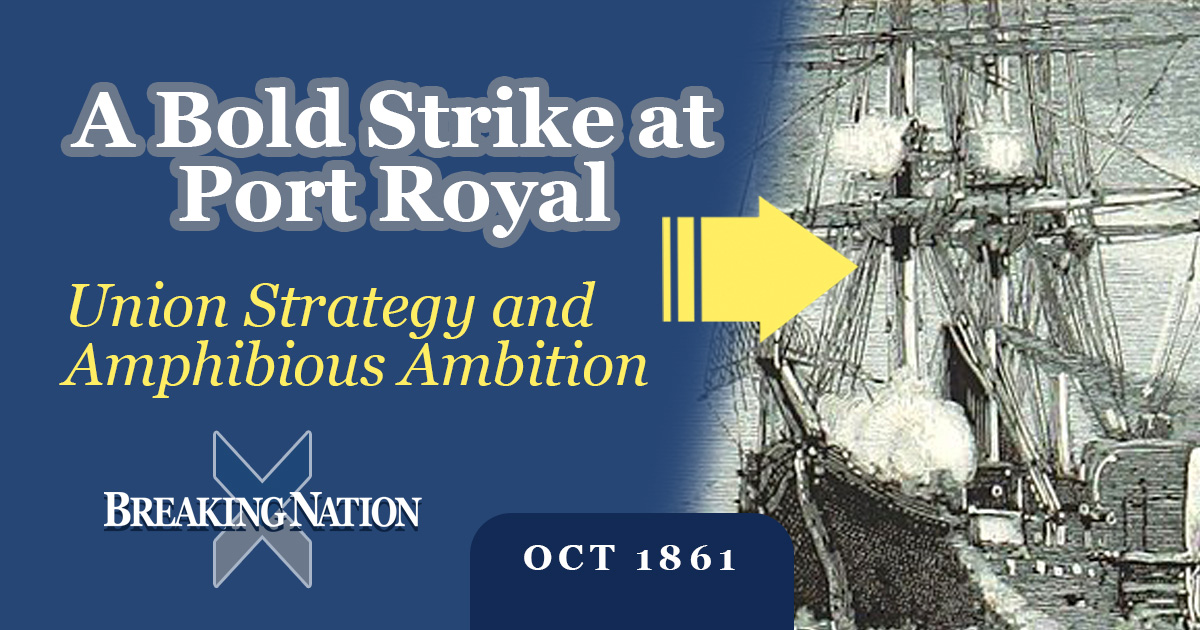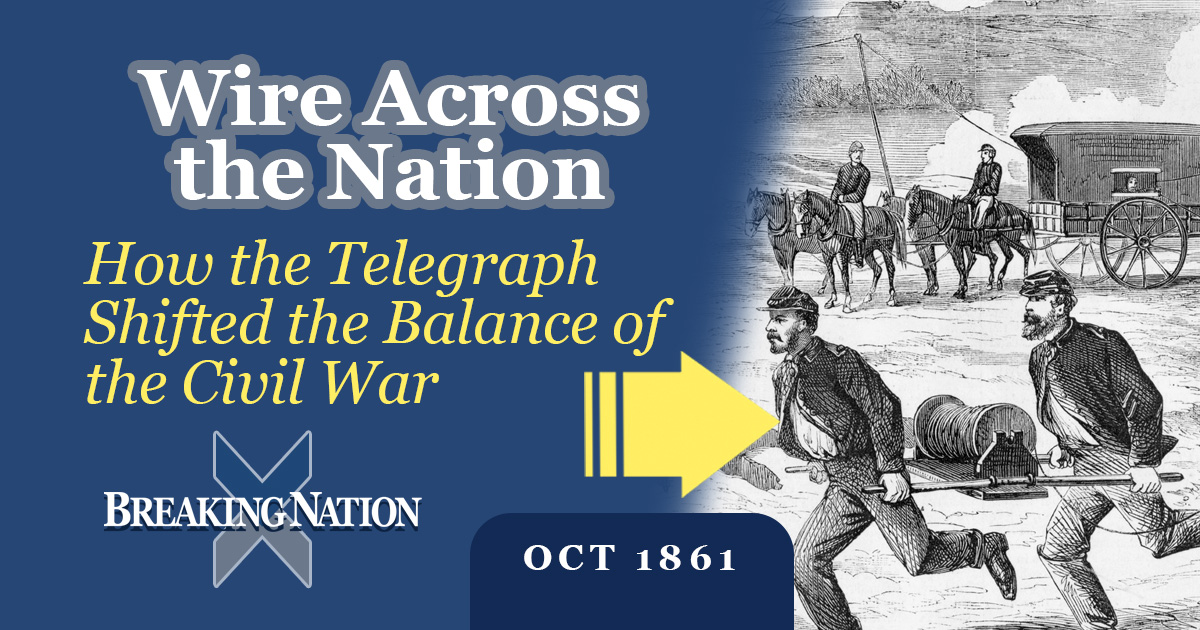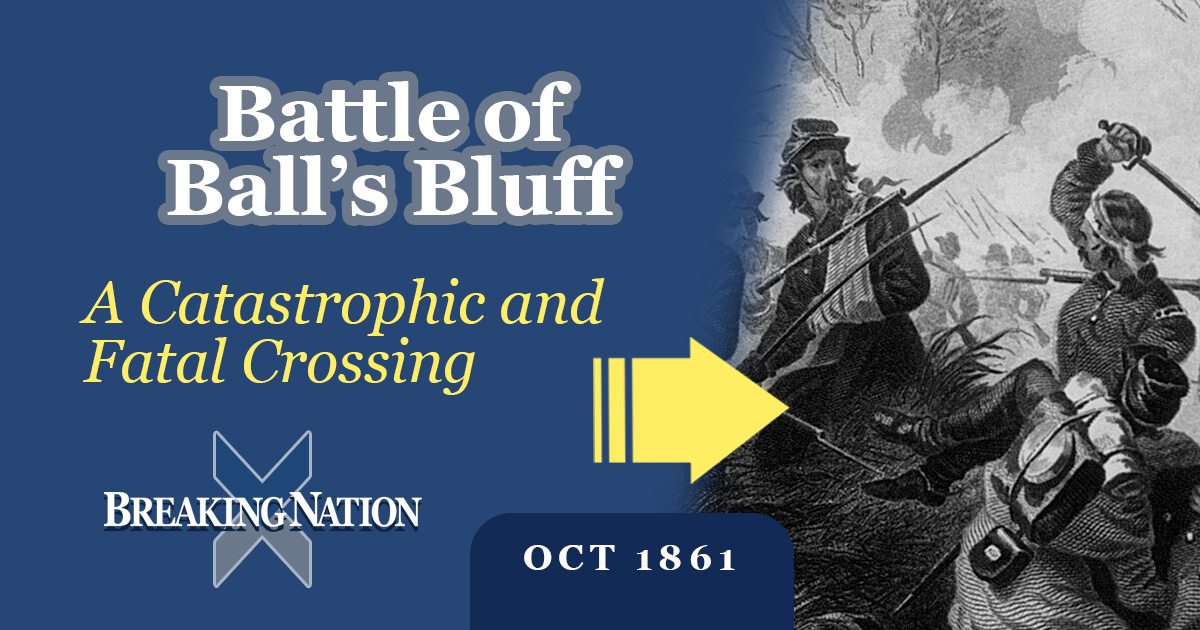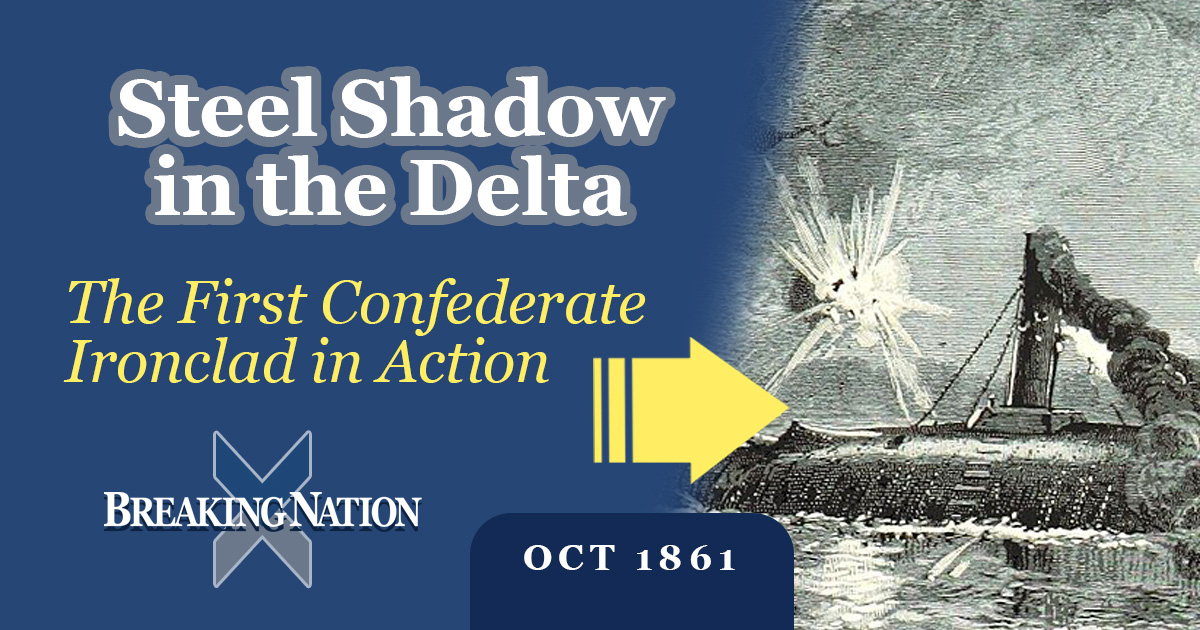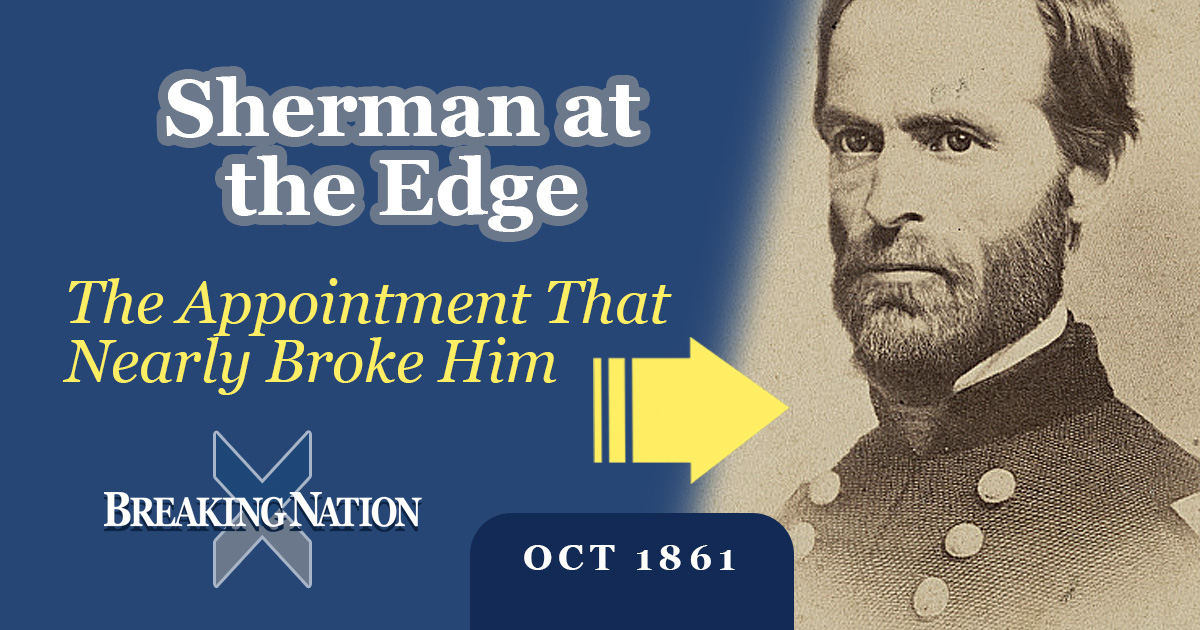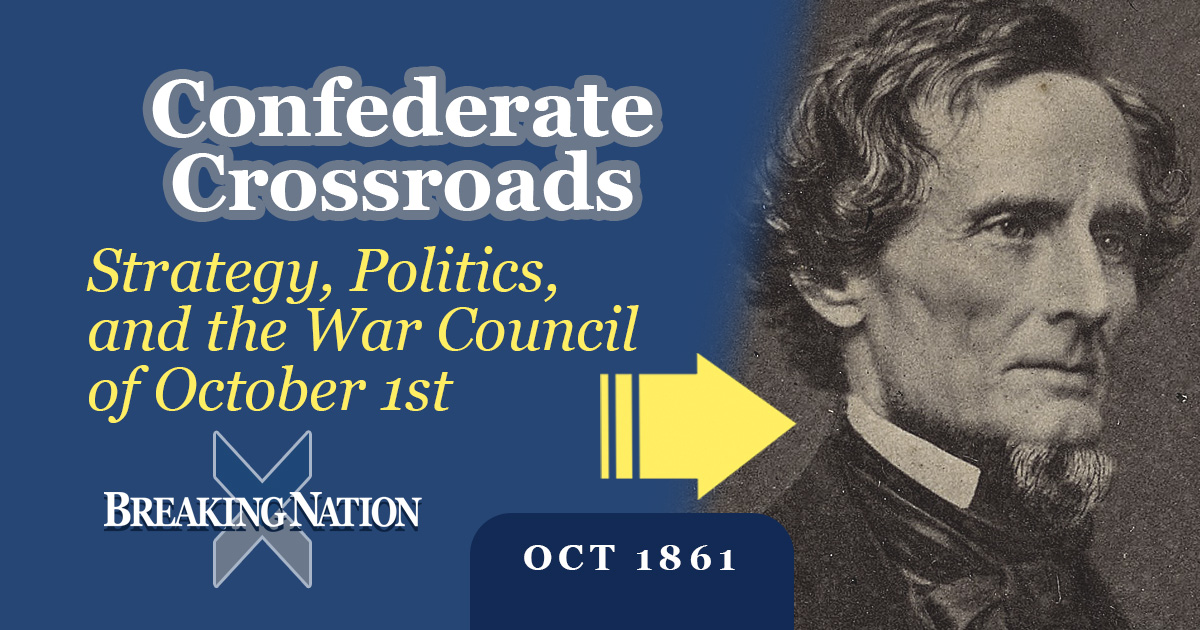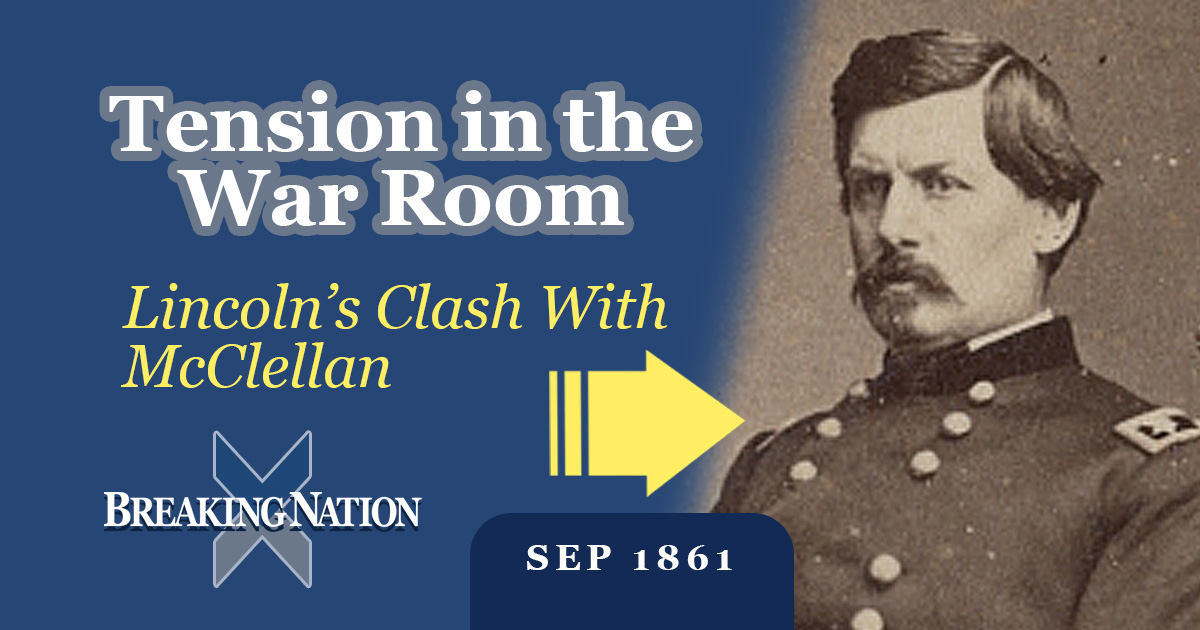Blog
When the Confederacy Begged Its Soldiers to Stay
In February 1862, Confederate generals faced a crisis that threatened to unravel their armies just as the war was intensifying. Most Confederate soldiers had enlisted for twelve months in the flush of enthusiasm following secession, confident the co…
Lincoln’s Push for Unified Action in the Civil War
On January 27, 1862, President Abraham Lincoln issued General War Order No. 1, a directive that may seem like a footnote in Civil War history but carries significant strategic weight. The order called for a coordinated Union offensive, combining lan…
January 1862: When Grant Quietly Seized the Initiative
In January 1862, Ulysses S. Grant’s actions in Kentucky marked a quiet but decisive turning point in the Western Theater of the Civil War. While eastern newspapers fixated on George McClellan’s ponderous Army of the Potomac, Grant was do…
How Mill Springs Gave the North Hope in the Dark Winter of 1862
The Battle of Mill Springs, fought on January 19, 1862, occupies a modest place in popular Civil War memory, but its significance—especially at the time—was substantial. Coming in the dark early months of the war, when Union fortunes oft…
Edwin Stanton and the Birth of a Hard-Driving Union War Machine
The Senate’s confirmation of Edwin M. Stanton as Secretary of War on January 15, 1862 marked one of the most consequential administrative decisions of the American Civil War. At a moment when the Union war effort seemed adrift—plagued by…
Why Lincoln Refused to Fire McClellan When His Own Party Demanded It
President Abraham Lincoln’s decision on January 6, 1862, to reject a move by Radical Republican senators to force the removal of Major General George B. McClellan was a revealing moment in the political and military balancing act of the Civil …
From Campfires to Parlors: Christmas 1861 Across America
The first Christmas of the American Civil War, celebrated in December 1861, carried a significance far deeper than the routine observance of a holiday. It marked the moment when Americans—North and South alike—faced the collision between…
Did Prince Albert of Britain Prevent a U.S.–British War in 1861?
Prince Albert’s death on December 14, 1861, came at a moment when the Atlantic world was already vibrating with tension from the Trent Affair, and the timing alone shapes much of its historical significance. The American seizure of Confederate…
Why Generals Feared the Joint Committee on the Conduct of the War
The creation of the Joint Committee on the Conduct of the War on December 9, 1861, marked one of the most consequential political interventions in the Union war effort—an attempt by Congress to assert oversight, shape military strategy, and ch…
The Forgotten Lincoln Speech That Quietly Changed the Civil War
President Lincoln’s State of the Union message on December 3, 1861, delivered in the darkest early months of the Civil War, stands out as one of the most consequential presidential communications of the era. Though overshadowed by later, more …
Wheeling’s Bold Stand: Loyalty, Law, and Liberty
The Wheeling Convention of November 1861 stands as one of the most pivotal yet often overlooked moments in the Civil War, setting the stage for the creation of West Virginia and reshaping the Union’s political map. While the Confederacy was co…
Buell’s Department: A Quiet Force in a Tumultuous War
When General Don Carlos Buell assumed command of the newly created Department of the Ohio on November 15, 1861, the Union war effort entered a crucial transitional moment. The early months of the Civil War had been marked by confusion, rivalry among…
Season 2 Episode 1 – Little Napoleons
Season 2 of Breaking Nation: A Civil War Podcast opens in the tense, uncertain spring of 1861—a moment when the fate of the United States hung by a thread. The guns of Fort Sumter have just fallen silent, their smoke still drifting over Charle…
The Trent Affair Uncovered: Britain's Brush with the Union
The Trent Affair, unfolding in November 1861, was one of the earliest and most dangerous diplomatic crises of the American Civil War. It began when the U.S. Navy’s Captain Charles Wilkes stopped the British mail steamer RMS Trent in the Caribb…
Grant's Daring Strike at Belmont: How a Near-Disaster Forged a Comman…
The Battle of Belmont, fought on November 7, 1861, in southeastern Missouri, was the first combat test for Brigadier General Ulysses S. Grant and an early glimpse of the qualities that would later define his command style. Though small in scale comp…
End of an Era: Winfield Scott Leaves the Army
On October 31, 1861, General Winfield Scott, the venerable commander-in-chief of the United States Army, retired from his post after more than six decades of service. Scott’s retirement marked not only the end of an era but also a moment of pr…
A Historian POV – An Interview with Chris Mowery
In the latest episode of Breaking Nation, Scott sits down with Chris Mowery, the creator and host of the hit YouTube channel Vlogging Through History, where more than half a million fans tune in to explore the forgotten corners of the past. From his…
Storming the Southern Coast: The Port Royal Expedition of 1861
The Port Royal Expedition of October 1861 stands as one of the early examples of Union ambition in the Civil War, combining naval and army forces in a bold attempt to seize control of the Southern coastline. The operation targeted Port Royal Sound i…
Connecting a Continent: How the Telegraph Shaped the Civil War
On October 24, 1861, the completion of the Transcontinental Telegraph stitched together the eastern and western halves of the United States with instantaneous communication for the first time. Coming just six months into the Civil War, this achievem…
Disaster on the Potomac: The Battle of Ball’s Bluff
The Battle of Ball’s Bluff, fought on October 21, 1861, along the Potomac River in Virginia, was a relatively small clash by later Civil War standards, but its consequences reverberated far beyond the battlefield. At its core, the fight reveal…
Iron Against Wood: The Manassas Strikes at Head of Passes
In the early months of the Civil War, the Confederacy was eager to test innovative means of offsetting the Union’s overwhelming naval superiority. One of the boldest experiments came on October 12, 1861, when the ironclad ram CSS Manassas laun…
Sherman’s Cumberland Command: Ambition, Pressure, and Collapse
On October 8, 1861, General William Tecumseh Sherman was appointed to command the Union’s Department of the Cumberland, a position that—while short-lived—offers a revealing window into both Sherman’s career trajectory and the…
Jefferson Davis’s October Council: Prelude to the Confederacy’s Strug…
On October 1, 1861, President Jefferson Davis convened a conference on Confederate war strategy with his leading generals—a moment that may not rank with the famous battles of the Civil War, but one that sheds light on how the Confederate high…
Behind the Curtains of Command: Lincoln vs. McClellan
On September 27, 1861, a pivotal moment unfolded in the early days of the Civil War: Major General George B. McClellan engaged in a heated discussion with President Abraham Lincoln over the conduct of military operations. This confrontation was not …
